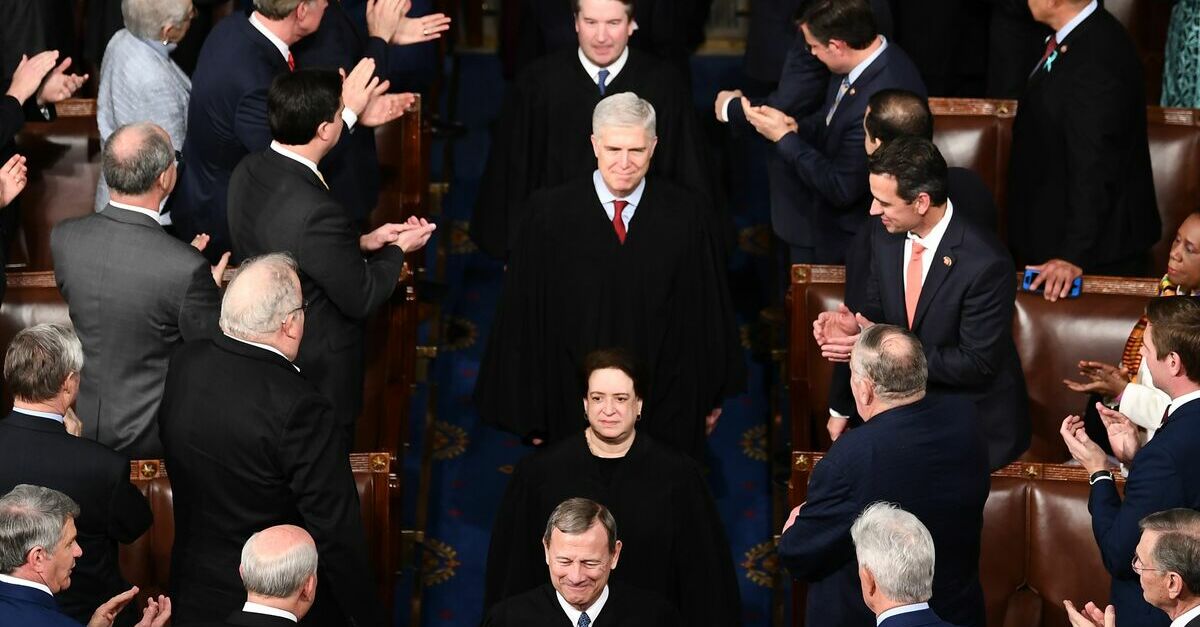
The U.S. Supreme Court handed the Trump administration a big immigration win in January when it ruled to allow implementation of the “public charge” rule. The controversial rule requires immigrants seeking a visa or green card to prove that they will not become an economic burden to the United States. Only those who can prove they will not need to access government benefits will be allowed legal access.
Under the administration’s interpretation of the rule, the government may consider factors such as age, health, employment history and finances to determine whether someone might become a “public charge” in the future. Opponents argue that the rule creates an illegal “wealth test” that has, at its core, the purpose of limiting immigration from poorer countries.
New York, Connecticut, and Vermont filed an application Monday with the Supreme Court, asking the court to reconsider its decision in light of the coronavirus public health crisis.
According to their petition, the rule is a significant public health detriment in that it deters immigrants from seeking appropriate healthcare. The petitioners’ reasoning is straightforward: if immigrants are deterred from seeking medical care, we will all face greater risk. Furthermore, immigrants are at particular risk for contracting COVID-19, because, “Many immigrants […] work in industries that have been deemed ‘essential’ and thus continue to operate during the crisis.” The petition went on to describe risks shouldered by the immigrant community:
Because immigrants compose a significant proportion of the workers in these frontline industries, they must often interact with others or spend time in high-risk environments—such as providing healthcare in hospitals, caring for the aging in nursing homes, cleaning and disinfecting public spaces, and preparing or delivering food and supplies to other residents who are required to stay at home […] These workers are as a result more likely to be exposed to the virus, and, without adequate testing and treatment, these workers, if infected, are more likely to suffer worse health outcomes and to spread the virus to others inadvertently.
When those suffering from COVID-19 delay proper medical care, the application argued, they become more likely to spread the virus, more likely to experience more serious symptoms, more likely to need hospitalization and more likely to die from the virus. For those without health insurance, obtaining testing and early treatment is frequently cost-prohibitive.
Penned by Justice Neil Gorsuch, SCOTUS’s 5-4 decision upholding the public charge rule fell along predictable lines, with all four liberal justices dissenting. Now, the nation’s highest court is being asked to reconsider its ruling against the backdrop of the current unprecedented health crisis.
[Photo by Brendan Smialowski/AFP via Getty Images]